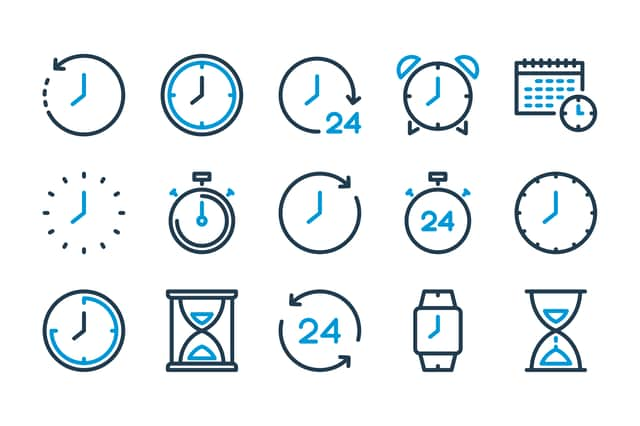This is when the clocks will go back this month - and why they go back


It is that time of the year again when the days get shorter and colder - and, as the seasons change, so do our clocks.
Although we have been changing the clocks for over 100 years the practice remains a controversial decision around Europe.
Advertisement
Hide AdAdvertisement
Hide AdSo here is everything you need to know about the changing of the clocks this October.
When do the clocks change?
This October, the UK will move from British Summer Time (BST) to Greenwich Mean Time (GMT) in winter.
As a result the clocks go back one hour in winter and forward one hour in summer.
This time around, the clocks will go back one hour on Sunday 27 October at 2am.
Advertisement
Hide AdAdvertisement
Hide AdWhy do the clocks change?
Strangely enough, Coldplay’s frontman, Chris Martin is a direct descendant of the man responsible for the UK changing its time.
William Willett - coincidentally Chris Martin's great-great-grandfather - was the man largely responsible for the introduction of Daylight Saving Time in the UK.
Willett initially proposed the idea in 1905 to keep the days longer in summer so he could keep playing golf into the summer evenings.
But the new time system was thought to benefit more than just avid golfers and it was believed that by making the most out of natural sunlight it would conserve energy - an essential step to take during World War I when coal was limited.
Advertisement
Hide AdAdvertisement
Hide AdAfter much lobbying, Willett’s idea was eventually introduced to the UK in 1916 - a year after his death and just after Germany and Austria also introduced the daylight savings system.
Why is it controversial?
While some think it is a good idea to save on energy and have lighter mornings, many believe that it is not actually that beneficial and causes major problems, especially around Europe where there are three time zones.
Like in the UK, countries in mainland Europe also change in summer and winter.
The problem largely lies with the difference in sunlight around the continent as the northern countries have much less sunlight than southern countries, so the clock changes have a more severe effect on some places than others.
A survey conducted earlier this year by the European Commission found that 84 per cent of 4.6 million respondents said they wanted to scrap Daylight Saving Time.